Discover the Women of the Hall
These are the Inductees of the National Women’s Hall of Fame. Select any of the women to discover their stories and learn how they have influenced other women and this country.
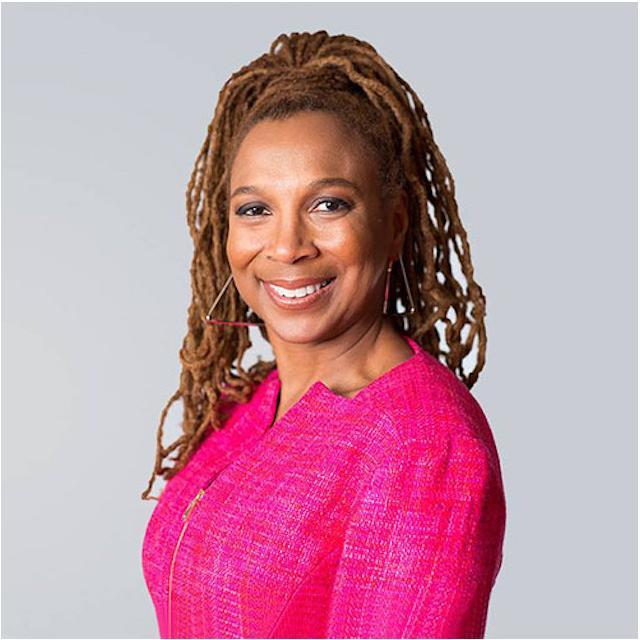 Kimberlé Crenshaw
Education, Humanities
1959
Ohio
2024
Kimberlé Crenshaw
Education, Humanities
1959
Ohio
2024

Kimberlé Crenshaw
Professor Kimberlé Crenshaw is the co-founder and ExecutiveDirector of the African American Policy Forum, a gender and racial justice legal think tank, and the founder and Executive Director of the Center for Intersectionality and Social Policy Studies at Columbia Law School. She is a trailblazing scholar, advocate, and professor whose ideas have reshaped the landscape of critical race theory and Black feminist legal theory.
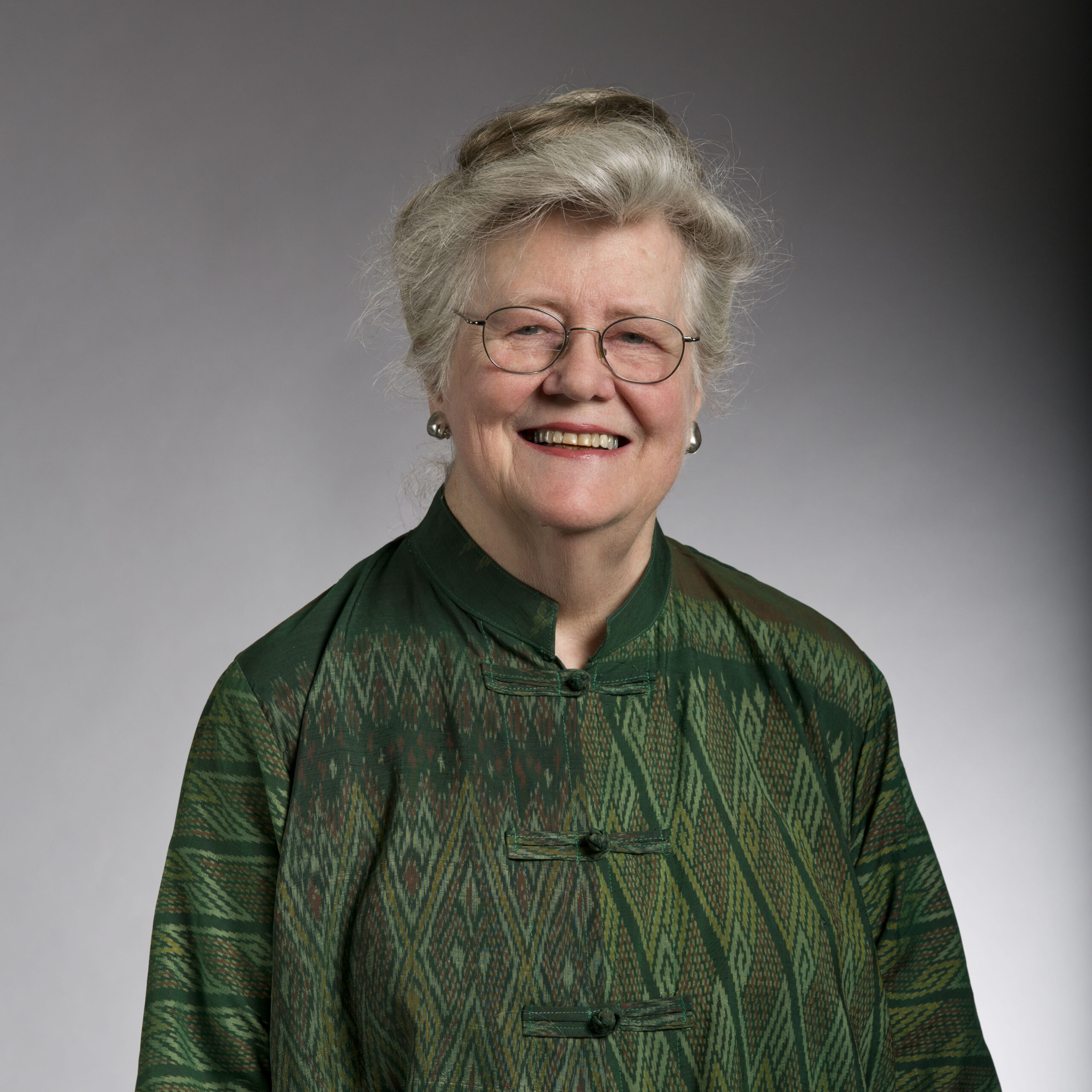 Peggy McIntosh
Education, Humanities
1934
New York
2024
Peggy McIntosh
Education, Humanities
1934
New York
2024

Peggy McIntosh
Peggy McIntosh is renowned as an educational innovator, feminist activist, author, and public speaker. McIntosh derived her understanding of white privilege from observing parallels with male privilege.
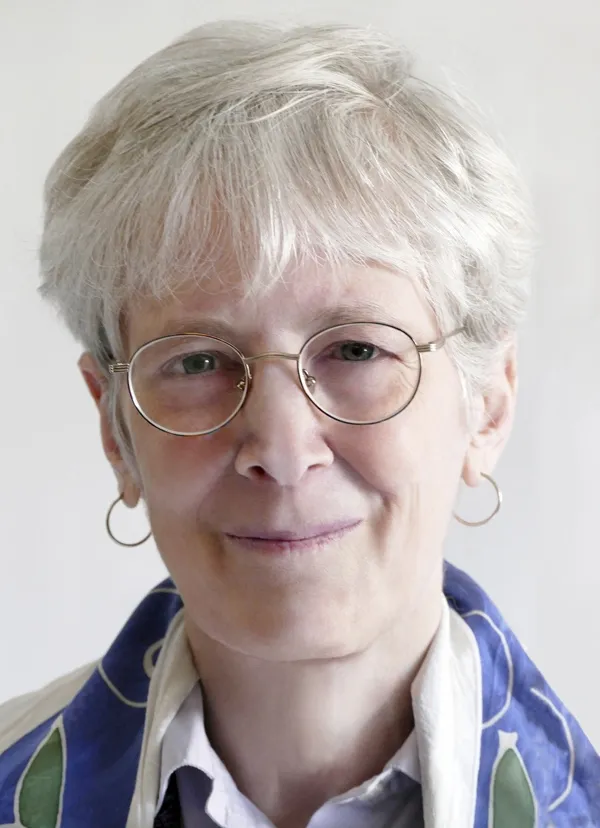 Judith Plaskow
Education, Humanities
1947
New York
2024
Judith Plaskow
Education, Humanities
1947
New York
2024

Judith Plaskow
In the realm of feminist theology, one of the names that stands out as a pioneering force is Dr. Judith Plaskow. An author and activist, Paskow is a visionary thinker whose intellectual contributions have shaped discourse and enriched our understanding of spirituality, gender, and equality.
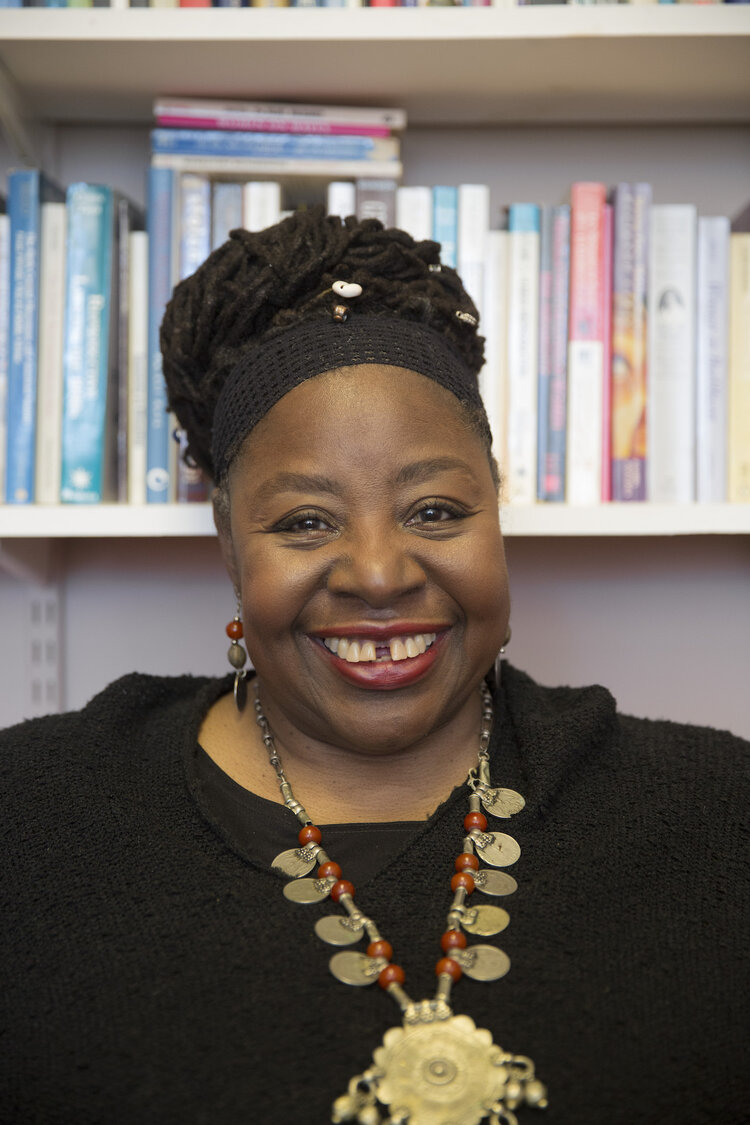 Loretta Ross
Education, Humanities
1953
Texas
2024
Loretta Ross
Education, Humanities
1953
Texas
2024

Loretta Ross
Loretta J. Ross is a Black academic, feminist, and activist for reproductive justice, especially among women of color. Driven by her personal experiences as a survivor of rape and nonconsensual sterilization, Ross has dedicated her extensive career in academia and activism to reframing reproductive rights within a broader context of human rights.
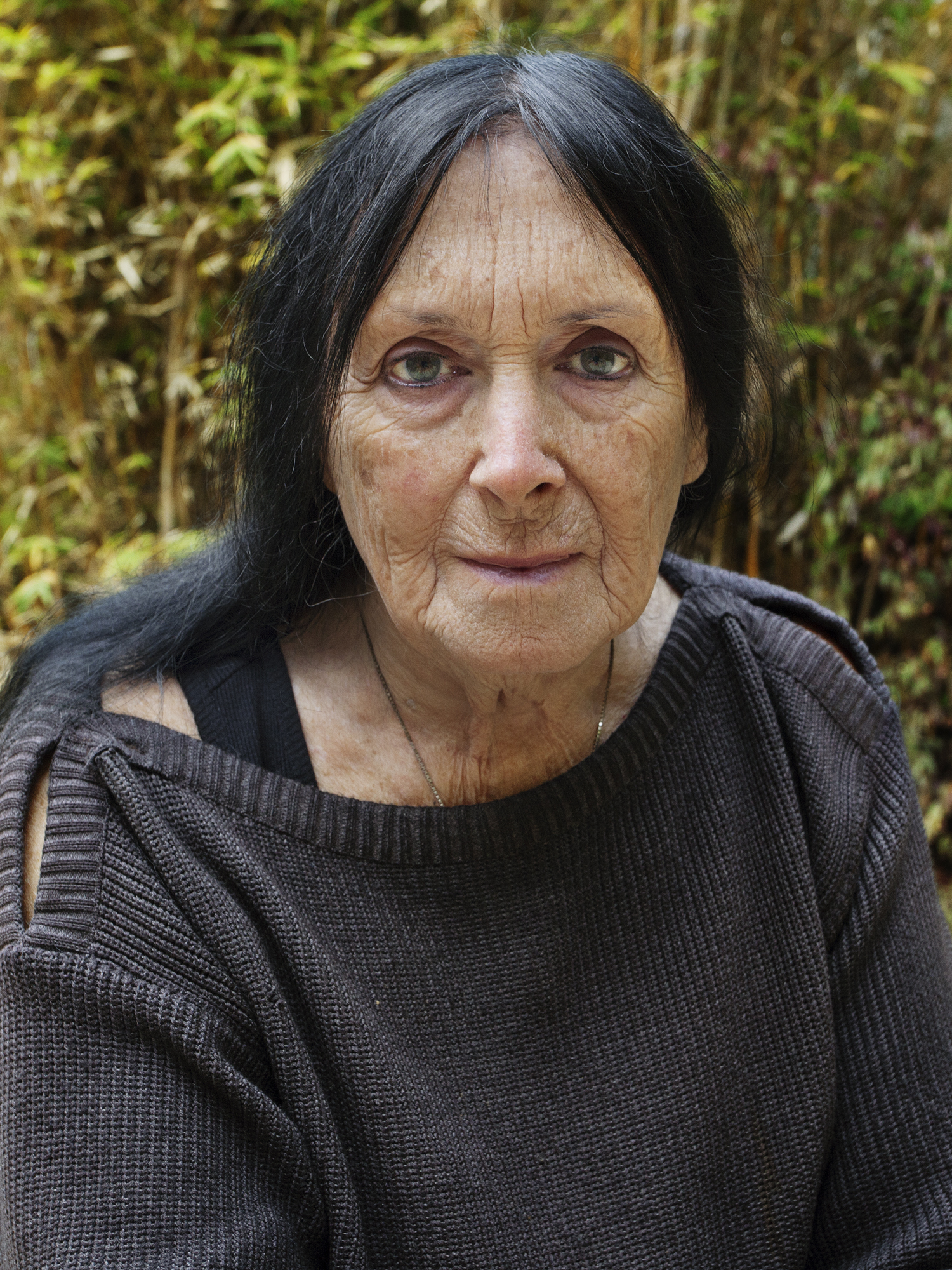 Allucquére Rosanne Stone
Arts, Education, Humanities
1936
New Jersey
2024
Allucquére Rosanne Stone
Arts, Education, Humanities
1936
New Jersey
2024

Allucquére Rosanne Stone
Allucquére Rosanne Stone, also known as Sandy Stone, is an academic, media theorist, artist, audio engineer, and computer programmer. A founder of the academic discipline of transgender studies, Stone’s trailblazing work created space for trans scholars to unfold the vast spectrum of gender.
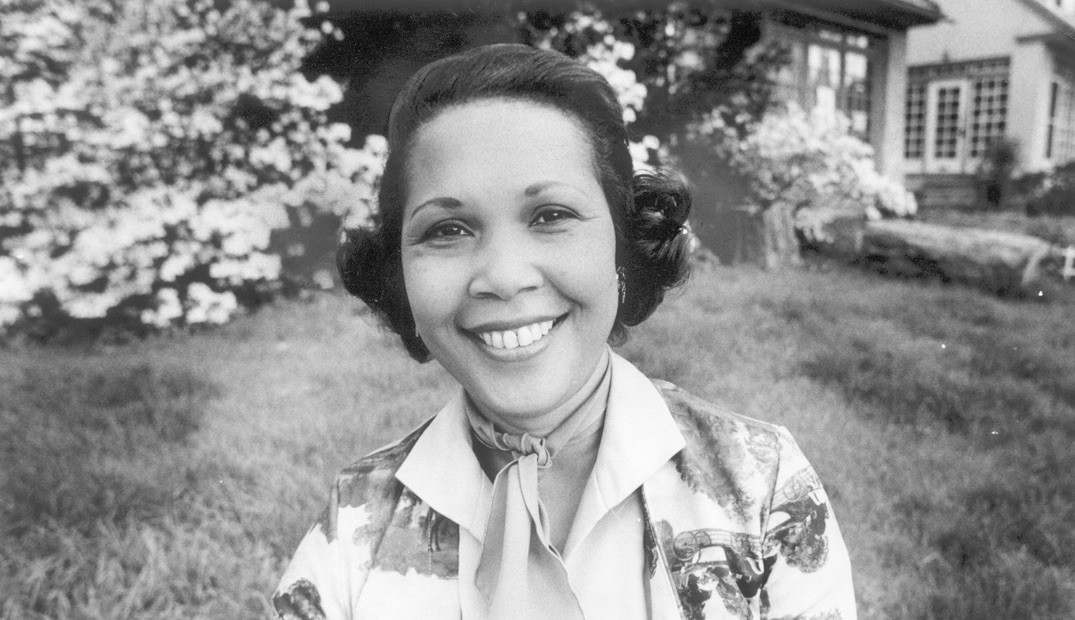 Barbara Rose Johns Powell
Education, Government
1935
2020
Barbara Rose Johns Powell
Education, Government
1935
2020

Barbara Rose Johns Powell
A young, civil rights leader, and pioneer. At the age of 16, Powell led a student strike, for equal education, at R.R. Moton High School in Farmville, Virginia.
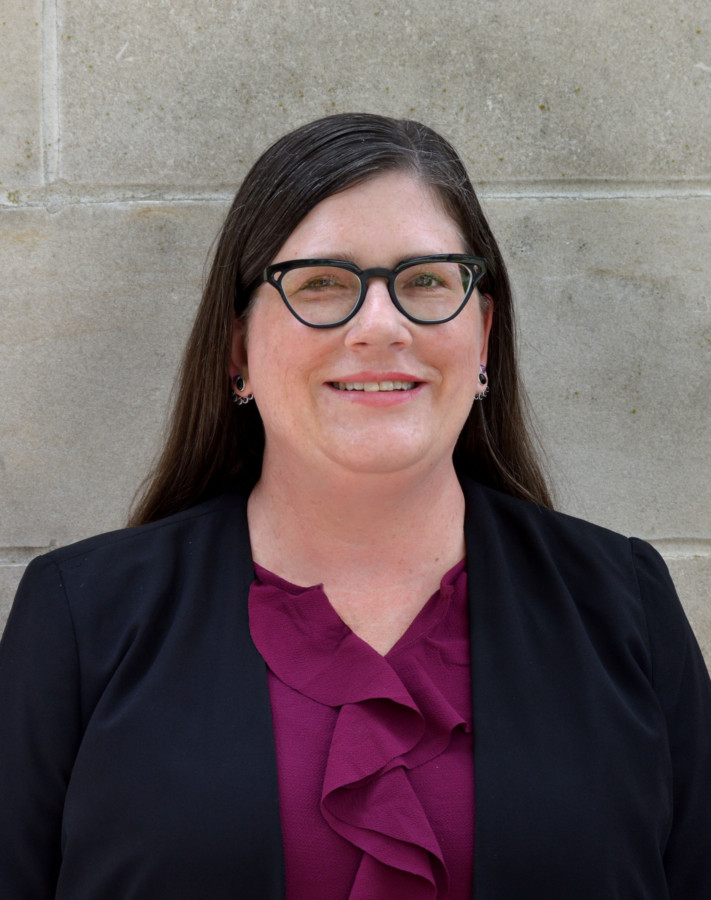 Sarah Deer
Education, Government
1972
2019
Sarah Deer
Education, Government
1972
2019

Sarah Deer
A citizen of the Muscogee (Creek) Nation of Oklahoma, Sarah Deer is a professor at the University of Kansas and an engaged activist for indigenous women. Ending violence against women is her life’s goal. A lawyer by trade and an advocate in practice, Deer’s scholarship and public policy work focuses on the intersection of federal Indian law and victims’ rights, using indigenous feminist principles as a framework. Her work to end violence against Native women has received national recognition from the American Bar Association and the Department of Justice as well as a MacArthur fellowship.
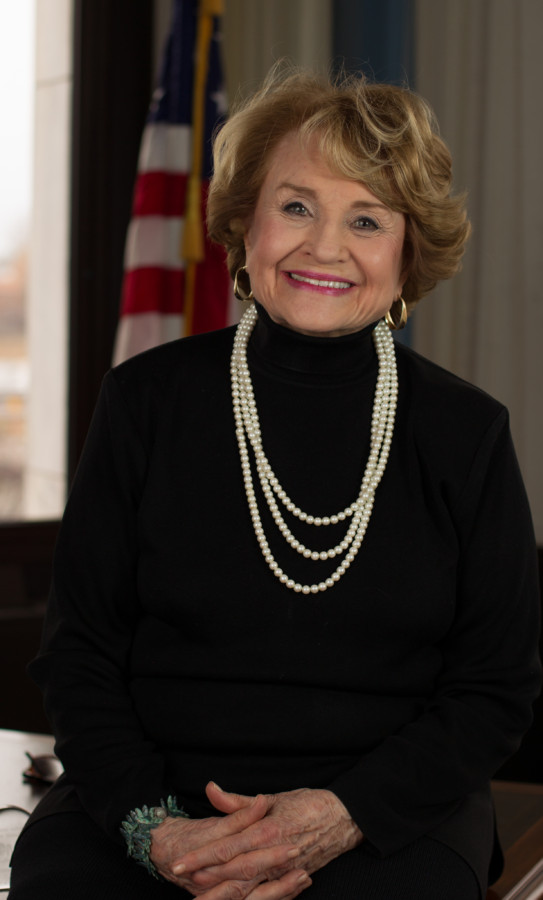 Louise Slaughter
Education, Government
1929
2019
Louise Slaughter
Education, Government
1929
2019

Louise Slaughter
A prominent advocate for women and POC, Louise Slaughter was a member of Congress for over 30 years. One of the longest-serving women in the House of Representatives, Slaughter was the first chairwoman of the House Rules Committee and the co-chair and founding member of the Congressional Pro-Choice Caucus, which works to promote reproductive health and protect a woman’s right to choose. Slaughter also established the Office of Research on Women’s Health and secured the first $500 million in federal funding for breast cancer research at the NIH, and she co-authored the landmark Violence Against Women Act, which has reduced cases of domestic violence by 67% since 1994. Representing upstate New York in Congress for decades, Slaughter was a scientist-turned-politician, a local and national leader whose work for women and for all Americans continues to shape our lives.
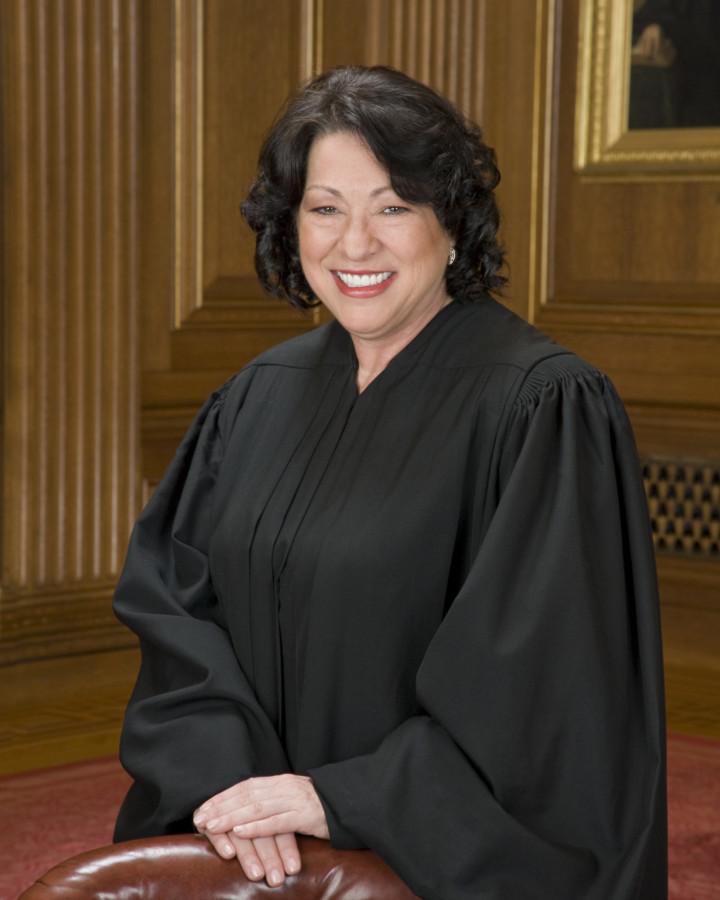 Sonia Sotomayor
Education, Government
1954
2019
Sonia Sotomayor
Education, Government
1954
2019

Sonia Sotomayor
Sonia Sotomayor is an Associate Justice of the Supreme Court of the United States, appointed by President Barack Obama in 2009 after leadership as an assistant district attorney, in private practice and across a distinguished judicial career. She is the third woman to be appointed to the Supreme Court and the first Hispanic and Latina Justice in the Court’s 230 years. A graduate of Princeton and Yale Law School, Sotomayor’s experiences as one of few Latinas at these institutions led her to advocate for inclusion on campuses, foreshadowing her focus on public service across her career. During her tenure on the Supreme Court, Sotomayor has been reputed for her work concerning the rights of defendants, calls for reform of the criminal justice system, and attention to issues of race, gender and ethnic identity. Justice Sotomayor is also an author, including of “My Beloved World/Mi Mundo Adorado,” “A Judge Grows in the Bronx/La juez que creció en el Bronx” and “Turning pages/Pasando Páginas.” A recipient of the Katherine Hepburn Award from Bryn Mawr College honoring women who change the world, Sotomayor has also received multiple honorary degrees, including from her alma mater Princeton University.
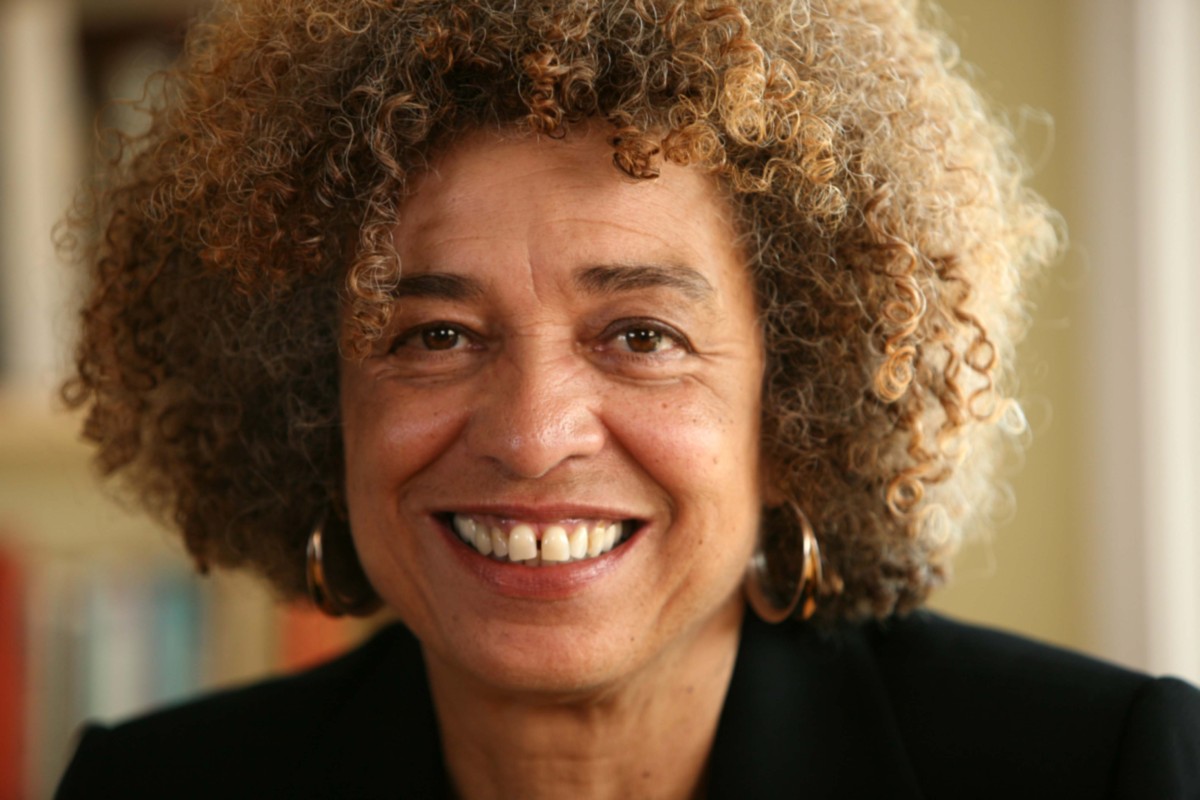 Angela Davis
Education, Government
1944
2019
Angela Davis
Education, Government
1944
2019

Angela Davis
Dr. Angela Davis is a prominent political activist, academic scholar, and author of numerous groundbreaking works. Well-known for her emphasis on the ways that justice is “indivisible,” Dr. Davis has spent a lifetime working on civil rights and women’s rights, against the prison industrial complex and for international justice. Dr. Davis’ teaching career has taken her to numerous college campuses across the United States, and she has also given lectures in Europe, Africa, Asia, Australia, and South America. She spent 15 years at the University of California Santa Cruz where she is now Distinguished Professor Emerita of History of Consciousness (an interdisciplinary Ph.D program) and of Feminist Studies. Dr. Davis’ works have emboldened generations of students to critically address and respond actively to contemporary issues of injustice. Her powerful voice remains instructive today.
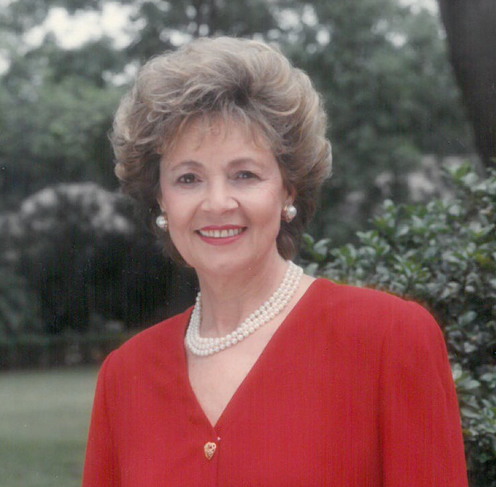 Matilda Raffa Cuomo
Education, Government, Humanities, Philanthropy
1931
New York
2017
Matilda Raffa Cuomo
Education, Government, Humanities, Philanthropy
1931
New York
2017

Matilda Raffa Cuomo
Established the nation’s first school-based one-to-one mentoring program, connecting over 10,000 students to trained mentors, and helping them to succeed in school, graduate, and advance in the workplace. The reach of this program, Mentoring USA, has expanded internationally.
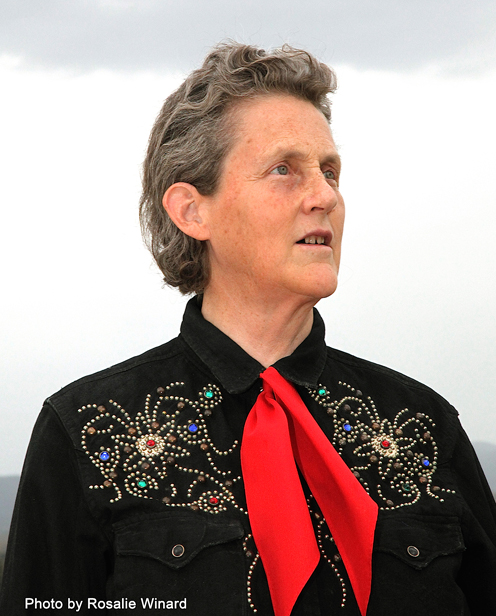 Temple Grandin
Education, Humanities, Science
1947
Massachusetts
2017
Temple Grandin
Education, Humanities, Science
1947
Massachusetts
2017

Temple Grandin
An animal sciences innovator and champion of farm animal welfare whose masterly designs for livestock handling systems transformed the industry and are used worldwide today. Her life and work have “revolutionized the study of autism,” as she had applied her insights gained from her own experience with autism to conceptualize equipment that reduces animal stress during the livestock handling process.
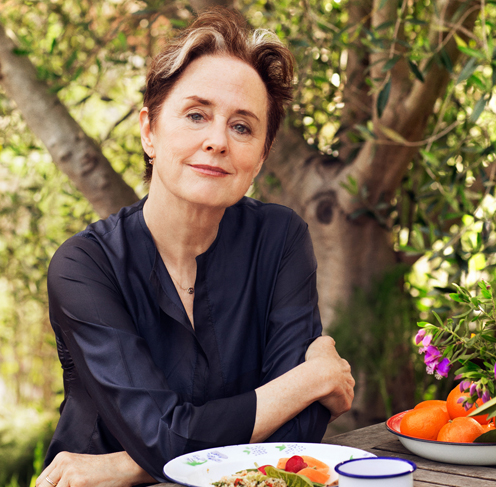 Alice Waters
Business, Education, Humanities, Philanthropy
1944
New Jersey
2017
Alice Waters
Business, Education, Humanities, Philanthropy
1944
New Jersey
2017

Alice Waters
A chef, author and food activist, and the founder and owner of Chez Panisse Restaurant in Berkeley, California. She has been a champion of local sustainable agriculture for over four decades, and is credited with popularizing the organic food movement.
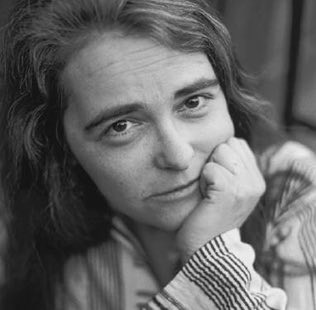 Kate Millett
Arts, Education, Humanities
1934
Minnesota
2013
Kate Millett
Arts, Education, Humanities
1934
Minnesota
2013

Kate Millett
A feminist activist, writer, visual artist, filmmaker, teacher and human rights advocate, Kate Millett has been described as one of the most influential Americans of the twentieth century. Millett began her career as an English instructor and in 1966, became the first Chair of the Education Committee of the newly formed National Organization for Women. In 1968, she authored a pioneering report published by NOW, Token Learning: A Study of Women’s Higher Education in America, in which she challenged women’s colleges to provide an equal education for women. Millett is perhaps best-known for her landmark work in feminist theory, Sexual Politics (1970). She currently serves as the Director of the Millett Center for the Arts, a creative work space that provides artist in residence accommodation and studio facilities to women artists from around the world.
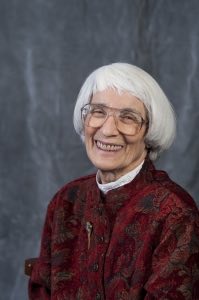 Bernice Resnick Sandler
Education, Humanities
1928
New York
2013
Bernice Resnick Sandler
Education, Humanities
1928
New York
2013

Bernice Resnick Sandler
For more than forty years, Bernice Resnick Sandler has been a tireless advocate of educational equity for women and girls. In 1970, Sandler filed the first charges of sex discrimination against 250 educational institutions. It was this strategy that led to the first federal investigations of campus sex discrimination at a time when no laws existed to prohibit discrimination based on sex in education. Subsequently, Sandler was instrumental in the development, passage and implementation of Title IX, the legislation that prohibits discrimination on the basis of sex in any federally funded education program or activity. An expert in strategies and policies to prevent and respond to sex discrimination in higher education, Sandler has given more than 2,500 presentations. She currently serves as a Senior Scholar in Residence at the Women’s Research and Education Institute in Washington, DC.
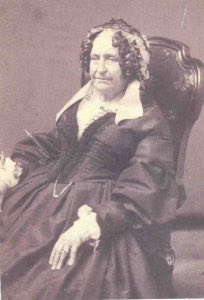 Emma Hart Willard
Education
1787
Connecticut
2013
Emma Hart Willard
Education
1787
Connecticut
2013

Emma Hart Willard
During her lifetime, Emma Hart Willard blazed an extraordinary trail on behalf of women’s education. A teacher by trade, Willard opened a girls’ school in her home in 1814 and was struck by the contrast between the education she could offer her women students and the education provided to men at nearby Middlebury College. She crafted A Plan for Improving Female Education, a document in which she advocated equal education for women at the academy level. In 1819, at the encouragement of Governor DeWitt Clinton, Willard opened a school in Waterford, New York which closed shortly afterward due to a lack of funding. Two years later, she founded Troy Female Seminary in Troy, New York (1821), the first school of higher learning for women. The seminary was renamed the Emma Willard School in her honor in 1895.
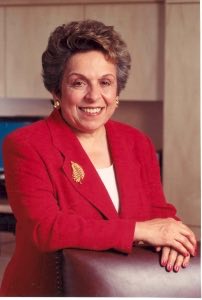 Donna E. Shalala
Education, Government
1941
Ohio
2011
Donna E. Shalala
Education, Government
1941
Ohio
2011

Donna E. Shalala
A groundbreaking educator and politician, Dr. Donna Shalala has more than thirty years of experience as an accomplished scholar, teacher and administrator. Dr. Shalala is recognized as the longest serving United States Secretary of Health and Human Services (1993-2001) and is the current President of the University of Miami. From 1980-1987, Dr. Shalala served as the president of Hunter College, and from 1987-1993, she was the chancellor of the University of Wisconsin-Madison. Dr. Shalala is the recipient of more than three dozen honorary degrees and was awarded the Presidential Medal of Freedom in 2008.
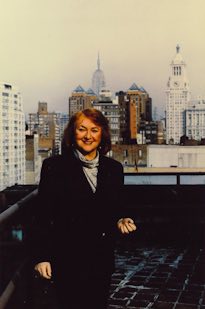 Eleanor K. Baum
Education, Science
1940
New York
2007
Eleanor K. Baum
Education, Science
1940
New York
2007

Eleanor K. Baum
As the former Dean of Engineering at Cooper Union and the Executive Director of the Cooper Union Research Foundation, Dr. Eleanor Baum is the first female engineer to be named dean of a college of engineering in the United States. In 1995, she became the first female president of the American Society for Engineering Education. An electrical engineer who has worked in the aerospace industry, Dr. Baum is a respected leader in recruitment and retention of women in the engineering profession.
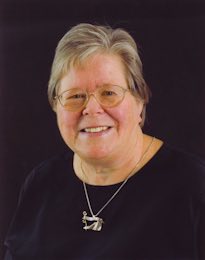 Judith L. Pipher
Education, Science
1940
Canada
2007
Judith L. Pipher
Education, Science
1940
Canada
2007

Judith L. Pipher
The first female to pursue infrared and submillimieter astronomy into ultra sensitive light detection of celestial bodies, Dr. Judith Pipher is a highly regarded infrared astronomer. As a professor with the University of Rochester for 31 years, she founded a group of observational infrared astronomers who took the first telescopic infrared pictures of starburst galaxies. Dr. Pipher was also instrumental in designing aspects of the NASA Spitzer Space Telescope, launched in 2003.
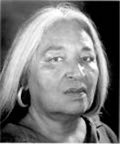 Patricia A. Locke
Education
1928
Idaho
2005
Patricia A. Locke
Education
1928
Idaho
2005

Patricia A. Locke
Locke worked for decades to preserve American Indian languages and became a pioneer in an effort to grant the tribes greater authority in the education of their children. Locke was a 1991 MacArthur Fellow for her work to save dying tribal languages. In 1993, she became the first Native American woman elected to the national governing body of the Baha’i faith.
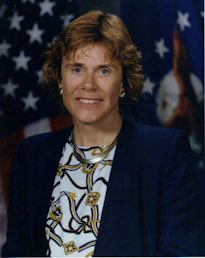 Sheila E. Widnall
Education, Government, Science
1938
Washington
2003
Sheila E. Widnall
Education, Government, Science
1938
Washington
2003

Sheila E. Widnall
Appointed Secretary of the Air Force in 1993 by President Clinton, Widnall became the first woman to hold the position. A world-renowned scientist, she holds three patents in airflow technology. As a current member of MIT faculty, she is internationally known for her work in fluid dynamics, specifically in the areas of aircraft turbulence and the spiraling air flows called vortices created by helicopters.
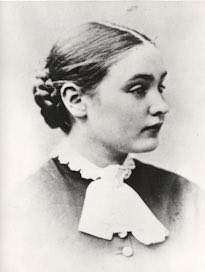 Anne Sullivan
Education
1866
Massachusetts
2003
Anne Sullivan
Education
1866
Massachusetts
2003

Anne Sullivan
Best known as the woman who taught Helen Keller to read, write and minimally speak, Anne Sullivan lost her own sight to trachoma at an early age. She went on to graduate from Perkins School for the Blind in Boston and eventually receive medical treatment that restored her sight. Both Sullivan and Keller became role models for thousands of physically challenged people around the world.
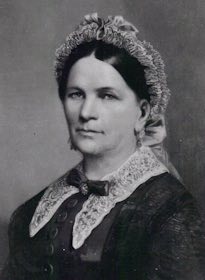 Sophia Smith
Education, Philanthropy
1796
Massachusetts
2000
Sophia Smith
Education, Philanthropy
1796
Massachusetts
2000

Sophia Smith
Born to a family known for its frugality and thrift, she was left at the age of 65 as the sole survivor of her immediate family, and with the funds to endow the establishment of Smith College, an institution that she hoped would provide undergraduate education for young women equal to that provided at the time for young men.
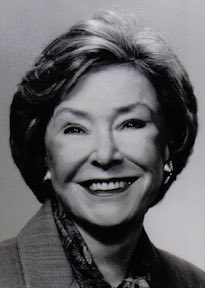 Joan Ganz Cooney
Arts, Business, Education
1929
Arizona
1998
Joan Ganz Cooney
Arts, Business, Education
1929
Arizona
1998

Joan Ganz Cooney
Founder of the Children’s Television Workshop for Public Television and creator of Sesame Street. Cooney created a study for the Carnegie Corporation on the possible use of television for preschool education. Acting on her own findings, she solicited funds to develop a program for television. For this, she was the winner of the Emmy and Peabody Awards, along with other honors.
